We ❤️ Paducah
The $1B+ Enrichment Opportunity
Brought to you by Brex:
Brex is the modern finance platform, combining the world’s smartest corporate card with integrated expense management, banking, bill pay, & travel. Over 30,000 companies, including ServiceTitan, Anthropic, Scale AI, DoorDash, & Wiz, use Brex.
Welcome to Paducah (*Uranium Valley)
City Motto: “Be the Best”
Last week I had the privilege of visiting Paducah, Kentucky for the announcement ceremony of General Matter’s $1B+ lease for a new uranium enrichment plant, marking the revival of nuclear fuel in the US.
General Matter formally signed a multi-decade lease with the Department of Energy to build the nation’s first U.S.-owned, privately developed uranium enrichment facility on 100 acres at the former Paducah Gaseous Diffusion Plant.
75 years after Paducah was first chosen to lead America’s enrichment efforts, the site will once again produce nuclear fuel, this time for the next generation of reactors vital to U.S. energy independence, AI, manufacturing, & other critical industries, reducing reliance on foreign adversaries for the power that supplies 20% of the nation’s grid.
More on this below..
Pictured: Ann Jaskiw, Molly O’Shea, Gaby Goldberg
The Enriched History of Paducah
Paducah, Kentucky, founded in 1827 by William Clark (yes, that Clark - Lewis & Clark), sitting at the confluence of the Ohio & Tennessee Rivers, has long been a hub for industry, culture, & transportation.
“Paducah thrived due to its port facilities along the waterways that were used by steamboats. A factory that manufactured red bricks was established & a foundry for making rail & locomotive components was built, ultimately contributing to a river & rail industrial economy.” Paducah City Website
“In 1856, Paducah was chartered as a city. The community continued to capitalize on its geographic location by becoming the site of dry dock facilities for steamboats & towboats &, in turn, headquarters for various bargeline companies. Paducah also became an important railway hub for the Illinois Central Railroad (ICRR) due to its proximity to the coal fields in Kentucky & Illinois.”
The city played a pivotal role in the Cold War nuclear era with the development of the Paducah Gaseous Diffusion Plant. Built in 1952, the facility began enriching uranium for the U.S. nuclear weapons program before later shifting to produce fuel for commercial nuclear power plants. Owned by the Department of Energy (DOE), it was once the nation’s only site enriching uranium for both civilian & military purposes.
Today, Paducah is internationally recognized as the “Quilt Capital of the World,” anchored by the National Quilt Museum, which draws tens of thousands of visitors annually. You seriously can’t miss out on this.
Ok, but how do you get there? Well, Paducah is located just a two-hour drive from Nashville (yeehaw), & the community continues to invest in transportation & infrastructure, including their incredibly fancy new $14 million Barkley airport terminal to boost regional connectivity.
Blending rich history, vibrant arts, & a strategic location, Paducah is the perfect location to rebuild Uranium Valley in the United States. (Plus everyone is so nice)
Photo Credit: Blake Lieberman, 021
Uranium Valley is SO Back
General Matter Signs Lease
General Matter is bringing uranium enrichment back to the United States, starting at the site where the U.S. enrichment industry was born. In coordination with the Department of Energy, the Commonwealth of Kentucky, & the local Paducah community, the company plans to build a commercial uranium enrichment facility at the former Paducah Gaseous Diffusion Plant.
The proposed facility will fuel the next generation of U.S. nuclear energy, while replacing a large share of imports from adversarial nations, saving roughly $500 million annually. It will create 140 high-paying local jobs, anchor over $1 billion in potential investment, & position Paducah/Western Kentucky as a hub for nuclear & advanced manufacturing.
One of my favorite parts of the day? When a local city leader took the podium at the post-ceremony celebration and said to Nolan “This will be one of the best investments you’ve ever made.”
Pictured: Governor Andy Beshear, Scott Nolan
General Matter is the first U.S. privately-funded company to develop the next generation of uranium enrichment technology. Recognized by the Department of Energy (DoE) as an awardee in both its LEU & HALEU enrichment acquisition programs, the company aims to begin enriching uranium at the Paducah site before the end of the decade.
"We are proud to return to & reactivate this historic site to power a new era of American energy independence, & we thank our partners in Kentucky & at the DOE's Office of Environmental Management & the Office of Nuclear Energy for supporting us in this landmark investment in American nuclear infrastructure." General Matter CEO Scott Nolan
As written in our interview & write up with CEO Scott Nolan 11 days ago, Uranium enrichment is a safe, established process involving only physical separation, no nuclear or chemical reactions. The development & operations will meet rigorous safety & environmental standards, with oversight from the U.S. Nuclear Regulatory Commission throughout the licensing process.
United Mission for Energy Independence
The recent nuclear-focused Executive Orders (EOs) directly strengthen the conditions that make General Matter’s Paducah project possible, & valuable.
In the past 18 months, the White House has issued directives aimed at accelerating domestic nuclear deployment, reshoring the nuclear fuel supply chain, & reducing dependence on Russian enrichment (currently a major share of U.S. supply). These EOs push federal agencies like the DOE to fast-track licensing, expand federal procurement of U.S.-produced fuel, & coordinate with the private industry to meet advanced reactor demand. A unique opportunity & partnership.
“About 25% of enrichment in the U.S. comes from Russia & about 75% from two European companies.” Nolan notes. “There's a Russian imports ban in place now, but that ban actually goes into full effect when the waivers end on Jan 1st, 2028.”
For General Matter, this policy shift essentially creates a guaranteed, high-priority market for domestically enriched uranium. It aligns government funding, regulatory momentum, & national security imperatives with the company’s timeline. Unlocking a once-in-a-generation chance to reestablish U.S. enrichment capacity at scale.
Read more on the EOs in our latest piece:
A Bipartisan Mission
The push to restore U.S. uranium enrichment capacity has emerged as a rare bipartisan priority, uniting leaders across political lines around energy security & economic growth. At the Paducah announcement, U.S. Congressman James Comer highlighted the unusual show of unity:
“What a great day for West Kentucky, & what a great day for America… This is the first time in my nine years that I’ve been at an event where both U.S. Senators, the U.S. Representative, & the Governor are all in attendance to celebrate the same thing.”
His point underscored a shared understanding in Washington & state capitals alike, you can’t have economic development without reliable, domestic energy, & both parties see this as essential to America’s future, so we can “be the best.”
Deputy Secretary of Energy James P. Danly., Kentucky Governor Andy Beshear, U.S. Senator Mitch McConnell, U.S. Senator Rand Paul, & U.S. Congressman James Comer, all spoke.
General Matter’s mission is to restore domestic nuclear fuel production to strengthen U.S. energy independence & power the nation’s leadership in AI, manufacturing, & other critical sectors. P.S. they’re hiring.
Backed by Founders Fund, the first institutional investor in SpaceX, Palantir, & Anduril, the company unites leading American engineers & experts from across nuclear, technology, & government. Guided by principles of speed, accountability, & transparency, General Matter is committed to delivering tangible progress in clean energy & national security while reducing reliance on foreign fuel sources.
Recent Press + Profiles
SpaceX Private + Public Playbook
CNBC: I know you you formerly worked at SpaceX, so you might appreciate this analogy, but it makes me think about when the space shuttle was retired & the fact that the US did not have the capability to send Americans into space & SpaceX stepped in, crafted this public private partnership, regained that capability, & in the process also took over & reimagined a very famous launchpad 39A at Kennedy Space center to do it. Is this sort of the nuclear equivalent?
Nolan: Yeah, it's a very good analogy. So, back then after the retirement of the space shuttle, we were completely dependent on Russia to get cargo to the space station. SpaceX worked with NASA very closely to do a milestone based program to bring back that capability. The north star for SpaceX at that time was yes, we want to bring back domestic capability. Yes, we want to replace this capacity of the space shuttle. But longer term, we wanted to make space launch affordable & get a lot more space activity, commercial space.
And so we're doing the same thing for nuclear energy. Yes, we want to onshore production, but we want to do it much more affordably & also more scalably to achieve the US goals to 4x nuclear by 2050. & so those are the things we're focused on with this site really being the first site that enables that.
More on General Matter:
American Power, Mike Solana
Made in America: Peter Thiel’s $50M Bet on American Nuclear Fuel w/ General Matter
Scott Nolan, Founder & CEO (& Partner at Founders Fund)
Listen + Watch Full Interview
Revisit: Spice & Uranium
Same Resource, Different Universes
First, let’s put this in terms everyone can understand. Spice & uranium are effectively “same-same, but different.” In Dune, spice (melange) is the most valuable substance in the galaxy, fueling space travel, economic power, & political control. Entire civilizations rise & fall over access to it. It’s rare, tightly controlled, & essential to progress.
In our world, uranium, especially enriched forms like HALEU (explained below), is the closest real-world parallel. Like spice, it’s the enabling ingredient behind a critical frontier: in this case, baseload energy, nuclear propulsion, & the future of AI-scale computing. Without it, next-gen nuclear reactors can’t run, & the global push for clean, reliable energy falters.
Just as spice powers interstellar navigation in Dune, uranium powers national energy sovereignty, & whoever controls it, controls the pace of innovation & security.
Both are high-stakes, geopolitically sensitive, & at the center of their respective energy arms races. In Dune, control over spice means control over destiny. In the 21st century, control over uranium enrichment may determine which nations lead the next industrial & AI revolutions.




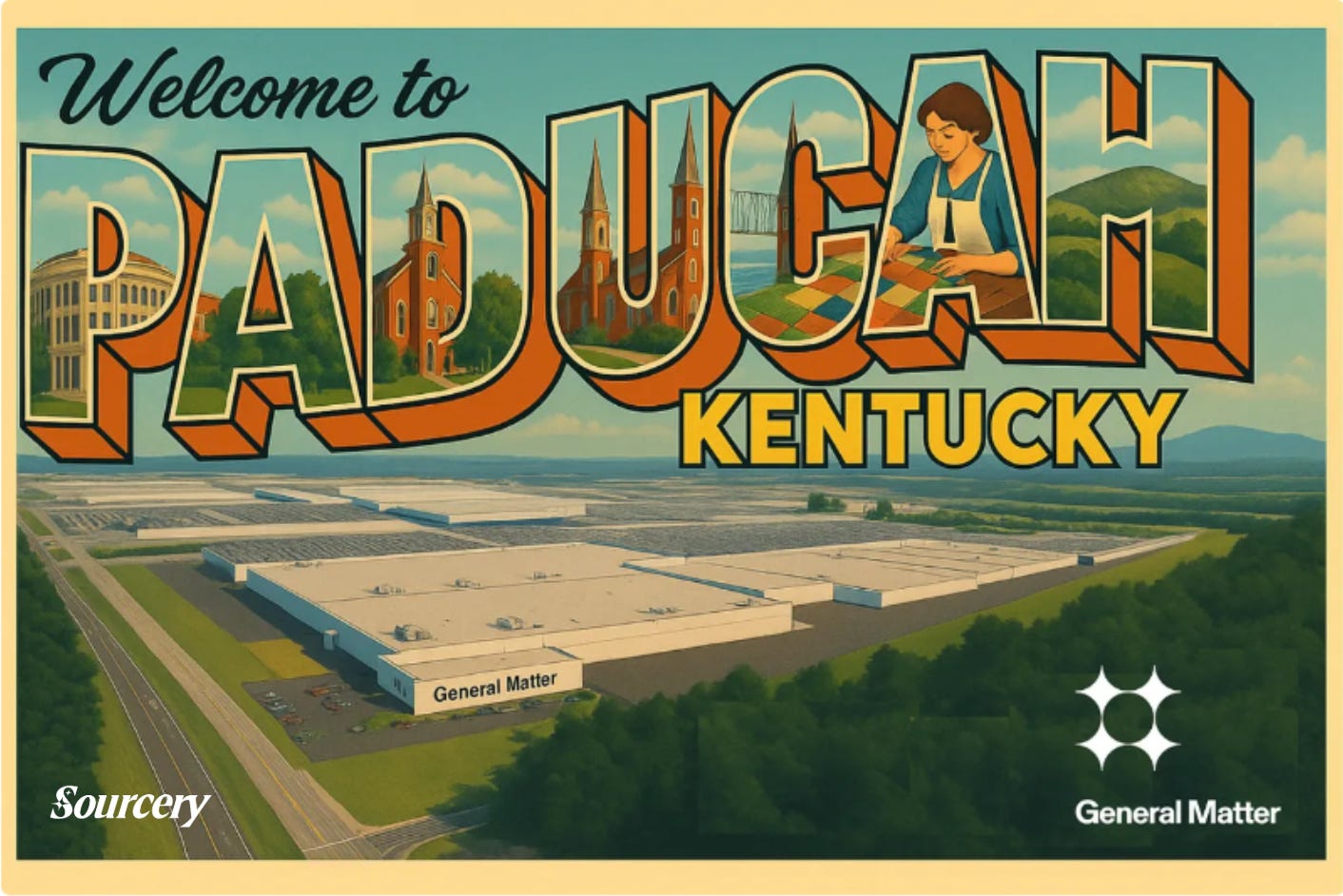
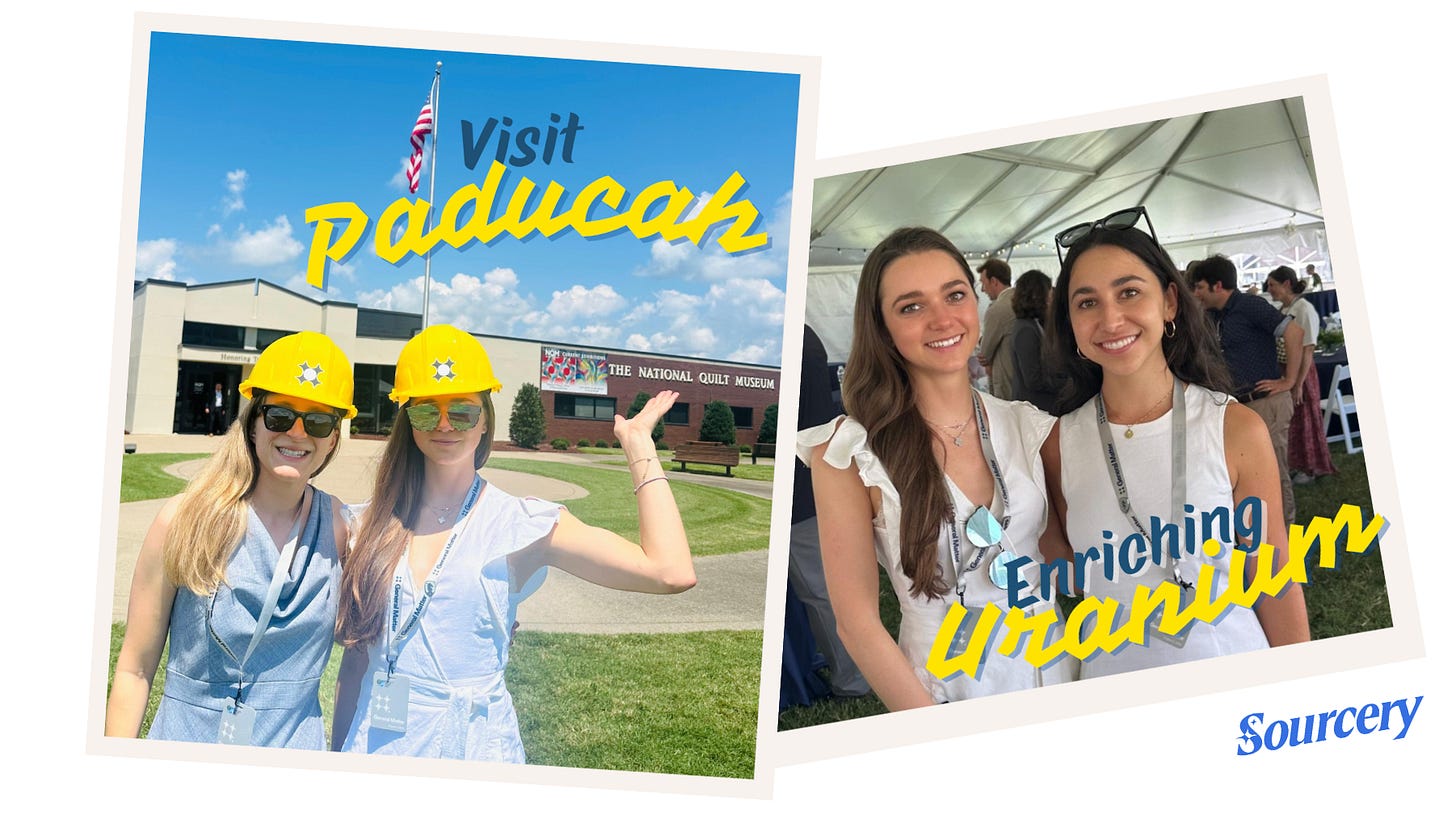

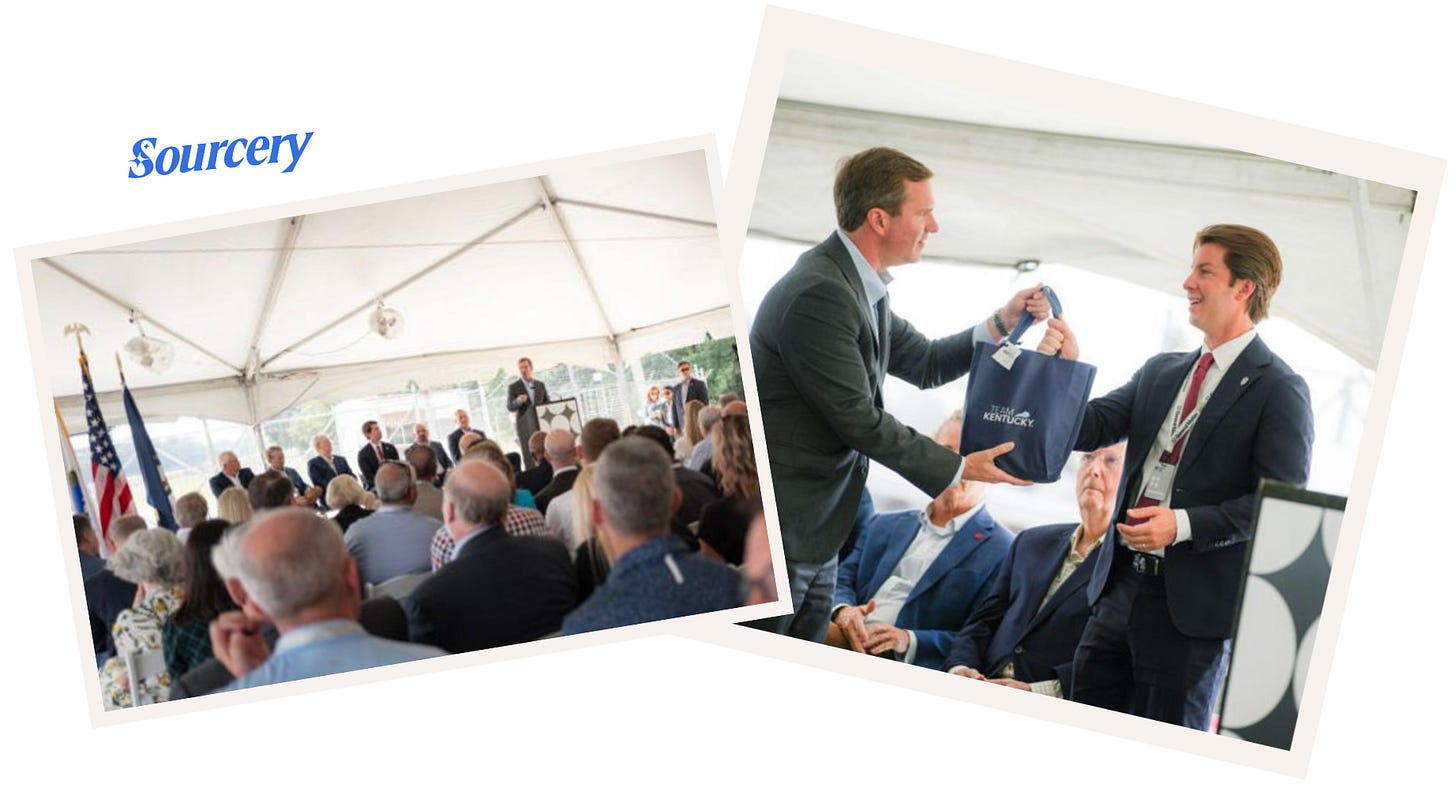
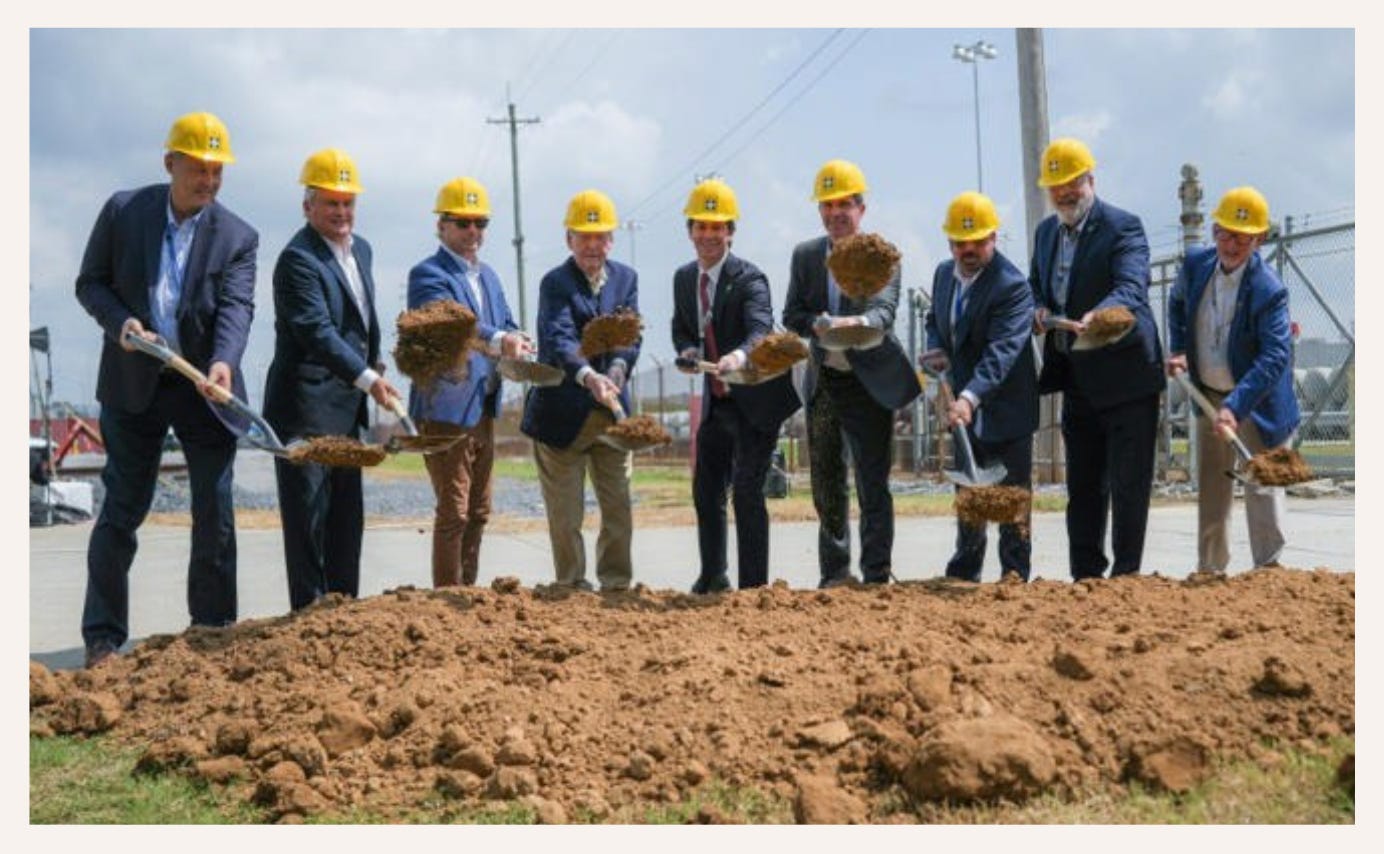
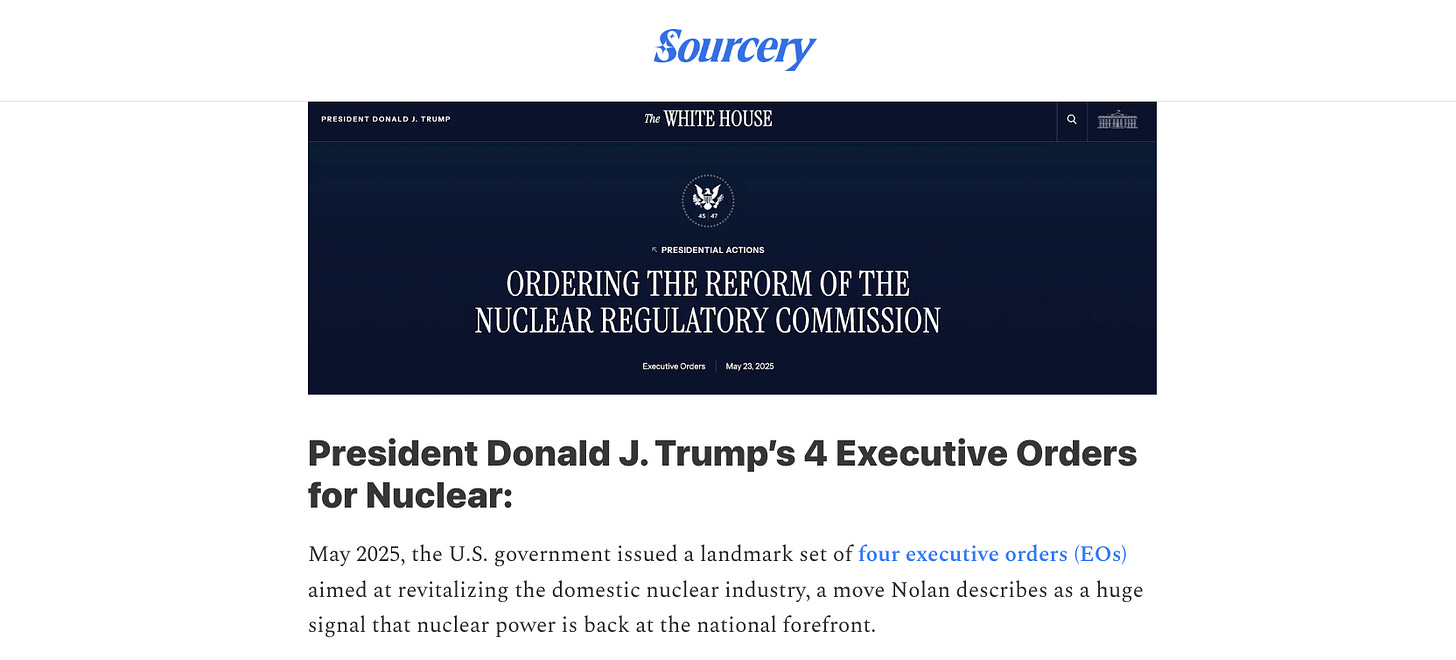

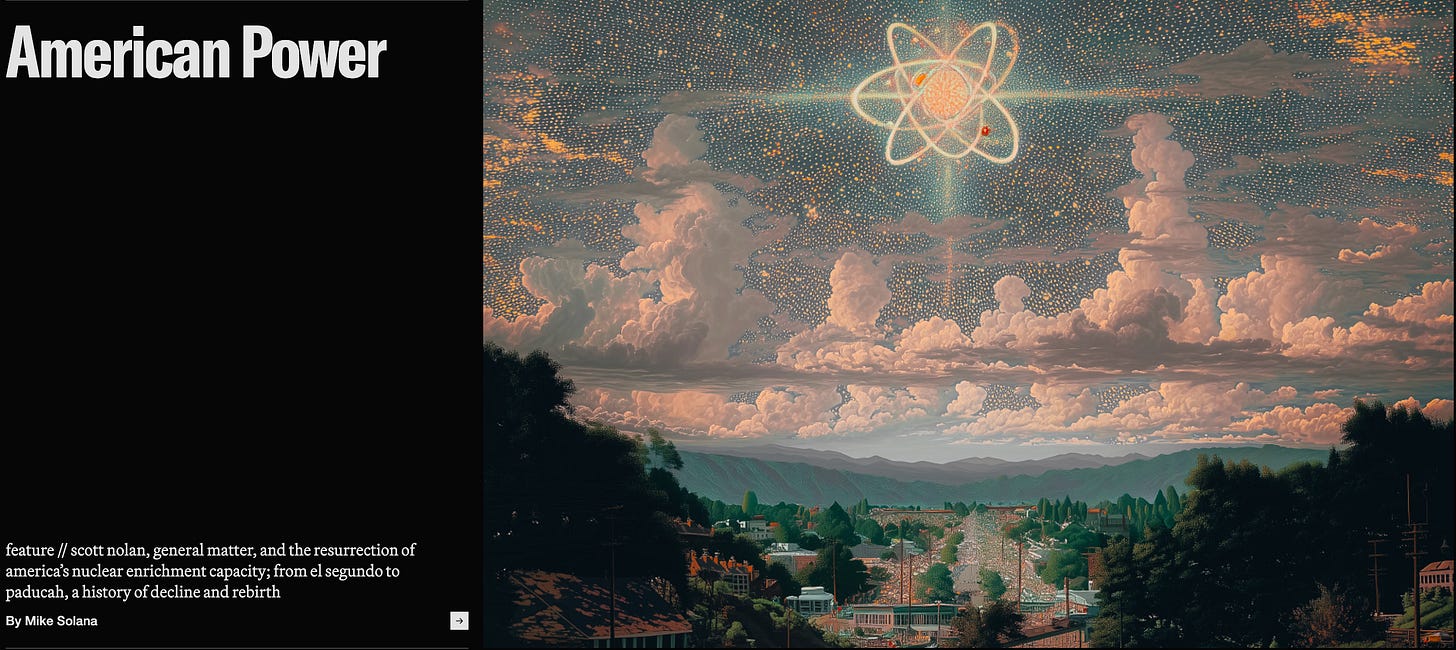

The Gabby x Molly x Lulu collab